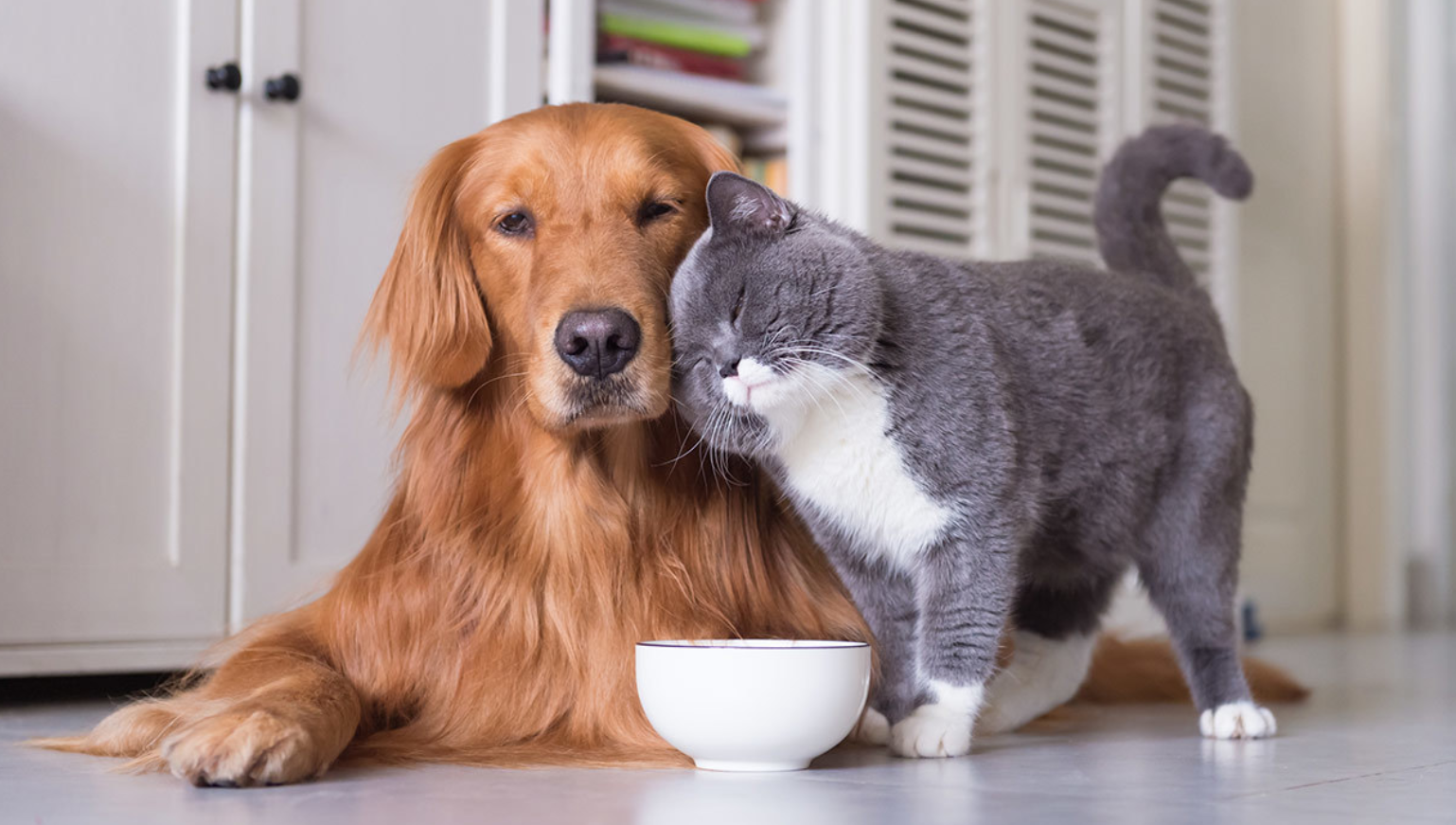Why Dogs Are Better Than Cats: A Loyal Companion’s Tale

The age-old debate between dog lovers and cat enthusiasts continues, but many argue that dogs are indeed better than cats. There are many compelling reasons why dogs make superior pets, from their loyalty to their ability to bond with humans on a deeper level. Let’s explore why dogs have earned the title of “man’s best friend” and stand out as the preferred companion.
1. Unmatched Loyalty and Companionship
Dogs are pack animals by nature, which makes them more inclined to form strong bonds with their owners. Unlike cats, who are often more independent and self-reliant, dogs crave companionship. They are always excited to greet you when you come home, eager for affection and ready to offer their unconditional love.
2. Dogs Encourage an Active Lifestyle

Owning a dog often means a more active lifestyle. Dogs need daily walks, outdoor play, and exercise, which naturally motivates their owners to get moving too. Whether it’s a morning jog or an evening walk around the neighborhood, dogs keep you active and engaged with the outside world. Cats, on the other hand, tend to be more sedentary, content to lounge around indoors, offering little incentive for physical activity.
3. Dogs Offer Protection
While both dogs and cats can be great companions, dogs offer an added layer of protection. Many dog breeds have a natural instinct to guard their families and territory. Whether it’s barking to alert you of potential intruders or simply being a deterrent to unwelcome guests, dogs make for excellent protectors. Cats, while perceptive, don’t typically have the same protective instincts as dogs.
4. Better for Emotional Support
Dogs are often used as therapy animals because of their keen sense of human emotions. They are highly intuitive and can detect when their owners are feeling sad or stressed. Many people find comfort in their dog’s presence during tough times, as dogs have an innate ability to provide emotional support. While cats can be affectionate, their more aloof nature makes them less suited to be emotional support animals compared to dogs.
5. Dogs Are More Trainable

Another reason dogs often come out on top is their high level of trainability. People can teach dogs a wide variety of commands, tricks, and behaviors, which makes them especially versatile as pets. Whether fetching the newspaper or assisting individuals with disabilities, dogs can learn tasks that significantly enhance their owners’ quality of life. In contrast, cats tend to be more independent and less receptive to training.
6. Dogs Are Social Creatures
Dogs are naturally social animals that thrive in environments where they can interact with other people and pets. This makes them ideal for families or people who enjoy social gatherings, as dogs tend to enjoy being around others. Their playful and friendly demeanor can bring people together, whereas cats are often more selective with their interactions, preferring solitude or the company of just one or two people.
7.Dogs Are More Adaptable to Various Lifestyles
Dogs can adjust to a wide range of living situations, whether you live in a bustling city or the quiet countryside. From apartment living to homes with large backyards, dogs can be trained to thrive in different environments, as long as they get sufficient exercise and attention. While some cats are adaptable, they generally prefer quieter, more confined spaces and are less likely to enjoy travel or relocation. Dogs, on the other hand, are often excited to explore new places with their owners, making them ideal adventure companions.
Dogs Have Been Humanity’s Companions for Millennia

For more than 15,000 years, dogs have been by our side as loyal companions. This long history of domestication has seen them take on various roles, including hunting, herding, guarding, and providing companionship. The unique bond formed between dogs and humans is unparalleled. Dogs naturally gravitate toward collaboration with people, whether it’s guiding the visually impaired, detecting health issues, or offering companionship to seniors. In contrast, while cats have also been domesticated, they haven’t developed the same collaborative relationship with humans throughout the ages.
Dogs Instill Responsibility in Children
For families with young children, having a dog can be a great way to teach important life skills. Kids learn responsibility, empathy, and commitment through everyday interactions with their pet. Feeding, walking, grooming, and training a dog aren’t just chores—they’re lessons in caring for another living being. These hands-on experiences help children grow.
Cats, while affectionate in their own way, are usually more independent. They need less daily attention. That lower level of care might not offer the same opportunities for kids to develop a strong sense of responsibility.
Dogs Provide Health Benefits Beyond Just Exercise

Beyond the physical benefits of regular walks and playtime, owning a dog can also lower the risk of cardiovascular disease. Studies consistently show that dog owners tend to have better heart health—and often live longer. Why? The stress relief that comes from having a dog plays a big part. So does the increased social interaction at dog parks and during daily walks. Add to that the sense of purpose that caring for a dog brings, and it’s easy to see why their presence boosts overall well-being.
Cats offer companionship too. But they usually don’t encourage the same level of movement or social engagement.
Conclusion
Both dogs and cats have their strengths as pets. Still, dogs offer something unique—a blend of loyalty, protection, emotional support, and active companionship. That’s a powerful combination. Whether you want a devoted friend to keep you moving or a watchful buddy to help you feel safe, dogs have what it takes. For many people, they’re the ultimate pet.



